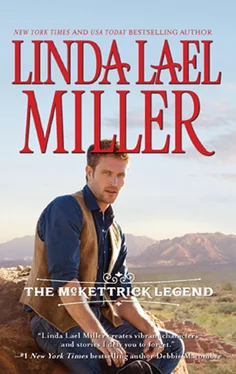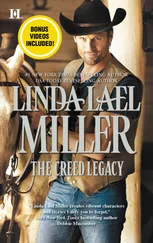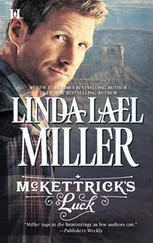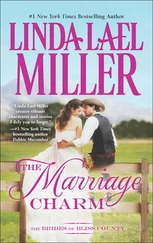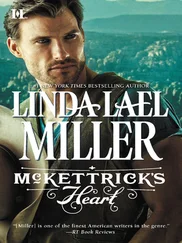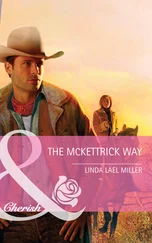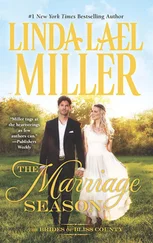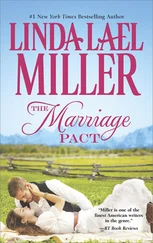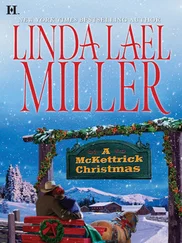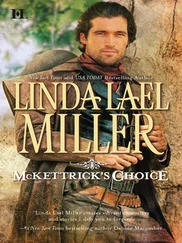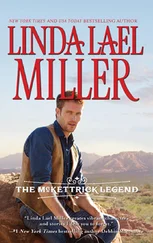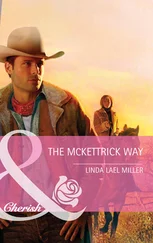Liam relaxed visibly. Turned his eyes to Travis. Sierra’s heart twisted at the hope she saw in her little boy’s face.
“Me, too,” Travis said hoarsely.
Liam nodded and drifted off to sleep.
The doctor had ordered an ambulance, and Sierra rode with Liam, while Travis followed in the truck.
There was more paper work to do in Flag staff, but Sierra was calmer now. She sat in a chair next to Liam’s bed and filled in the lines.
Travis entered with two cups of vending-machine coffee, just as she was finishing.
“Thank you,” Sierra said, and she wasn’t just talking about the coffee.
“Wranglers like Liam and me,” he replied, watching the boy with a kind of fretful affection, “we stick together when the going gets tough.”
She accepted the paper cup Travis offered and set the ubiquitous clip board aside to take a sip. Travis drew up a second chair.
“Does this happen a lot?” he asked, after a long and remarkably easy silence.
Sierra shook her head. “No, thank God. I don’t know what we would have done without you, Travis.”
“You would have coped,” he said. “Like you’ve been doing for a long time, if my guess is any good. Where’s Liam’s dad, Sierra?”
She swallowed hard, glanced at the boy to make sure he was sleeping. “He died a few days before Liam was born,” she answered.
“You’ve been alone all this time?”
“No,” Sierra said, stiffening a little on the inside, where it didn’t show. Or, at least, she hoped it didn’t. “I had Liam.”
“You know that isn’t what I meant,” Travis said.
Sierra looked away, made herself look back. “I didn’t want to—complicate things. By getting involved with someone, I mean. Liam and I have been just fine on our own.”
Travis merely nodded, and drank more of his coffee.
“Don’t you have to go back to the ranch and feed the horses or something?” Sierra asked.
“Eventually,” Travis answered with a sigh. He glanced around the room again and gave the slightest shudder.
Sierra remembered his younger brother. The wounds must be raw. “I guess you probably hate hospitals,” she said. “Be cause of—” the name came back to her in Eve’s telephone voice “—Brody.”
Travis shook his head. His eyes were bleak. “If he’d gotten this far—to a hospital, I mean—it would have meant there was hope.”
Sierra moved to touch Travis’s hand, but just before she made contact, his cell phone rang. He pulled it from the pocket of his western shirt, flipped open the case. “Travis Reid.”
He listened. Raised his eyebrows. “Hello, Eve. I wouldn’t have thought even your pilot could land in this kind of weather.”
Sierra tensed.
Eve said something, and Travis responded. “I’ll let Sierra explain,” he said, and held out the phone to her.
Sierra swallowed, took it. “Hello, Eve,” she said.
“Where are you?” her mother asked. “I’m at the ranch. It looks as if you’ve been sleeping in the kitchen—”
“We’re in Flag staff, in a hospital,” Sierra told her. Only then did she realize that she and Travis were both wearing the clothes they’d slept in. That she hadn’t combed her hair or even brushed her teeth.
All of a sudden she felt in credibly grubby.
Eve drew in an audible breath. “Oh, my God—Liam?”
“He had a pretty bad asthma attack,” Sierra confirmed. “He’s on a breathing machine, and he has to stay until tomorrow, but he’s okay, Eve.”
“I’ll be up there as soon as I can. Which hospital?”
“Hold on,” Sierra said. “There’s really no need for you to come all this way, especially when the roads are so bad. I’m pretty sure we’ll be home tomorrow—”
“Pretty sure?” Eve challenged.
“Well, he’ll need his medication adjusted, and the inflammation in his bronchial tubes will have to go down.”
“This sounds serious, Sierra. I think I should come. I could be there—”
“Please,” Sierra interrupted. “Don’t.”
A thoughtful silence followed. “All right, then,” Eve said finally, with a good grace Sierra truly appreciated. “I’ll just settle in here and wait. The furnace is running and the lights are on. Tell Travis not to rush back—I can certainly feed the horses.”
Sierra could only nod, so Travis took the phone back.
Evidently, a barrage of orders followed from Eve’s end.
Travis grinned through out. “Yes, ma’am,” he said. “I will.”
He ended the call.
“You will what?” Sierra inquired.
“Take care of you and Liam,” Travis answered.
1919
That morning the world looked as though it had been carved from a huge block of pure white ice. Hannah marveled at the beauty of it, staring through the kitchen window, even as she longed with bittersweet poignancy for spring. For things to stir under the snow bound earth, to put out roots and break through the surface, green and growing.
“Ma?”
She turned, troubled by something she heard in Tobias’s voice. He stood at the base of the stairs, still wearing his night shirt and barefoot.
“I don’t feel good,” he said.
Hannah set aside her coffee with exaggerated care, even took time to wipe her hands on her apron before she approached him. Touched his forehead with the back of her hand.
“You’re burning up,” she whispered, stricken.
Doss, who had been re reading last week’s newspaper at the table, his barn work done, slowly scraped back his chair.
“Shall I fetch the doc?” he asked.
Hannah turned, looked at him over one shoulder, and nodded. If you hadn’t insisted on taking him with you to the widow Jessup’s place, she thought—
But she would go no further.
This was not the time to place blame.
“You get back into bed,” she told Tobias, briskly efficient and purely terrified. The bout of pneumonia that had nearly killed him during the fall had started like this. “I’ll make you a mustard plaster to draw out the congestion, and your uncle Doss will go to town for Dr. Willaby. You’ll be right as rain in no time at all.”
Tobias looked doubtful. His face was flushed, and his night shirt was soaked with perspiration, even though the kitchen was a little on the chilly side. The boy seemed dazed, almost as though he were walking in his sleep, and Hannah wondered if he’d taken in a word she’d said.
“I’ll be back as soon as I can,” Doss promised, already pulling on his coat and reaching for his hat. “There’s whisky left from Christmas. It’s in the pantry, behind that cracker tin,” he added, pausing before opening the door. “Make him a hot drink with some honey. Pa used to brew up that concoction for us when we took sick, and it always helped.”
Doss and Gabe, along with their adopted older brother, John Henry, had never suffered a serious illness in their lives, if you didn’t count John Henry’s deafness. What did they know about tending the sick?
Hannah nodded again, her mouth tight. She’d lost three sisters in child hood, two to diphtheria and one to scarlet fever; only she and her younger brother, David, had survived.
She was used to nursing the afflicted.
Doss hesitated a few moments on the threshold, as though there was something he wanted to say but couldn’t put into words, then went out.
“You change into a dry night shirt,” Hannah told Tobias. His sheets were probably sweat-soaked, too, so she added, “And get into our bed.”
Our bed.
Meaning Gabe’s and hers.
And soon, after they were married, Doss would be sleeping in that bed, in Gabe’s place.
She could not, would not, consider the implications of that.
Not now. Maybe not ever.
She was like the ranch woman she’d once read about in a Montana newspaper, making her way from the house to the barn and back in a blinding blizzard, with only a frozen rope to hold on to. If she let go, she’d be lost.
Читать дальше
